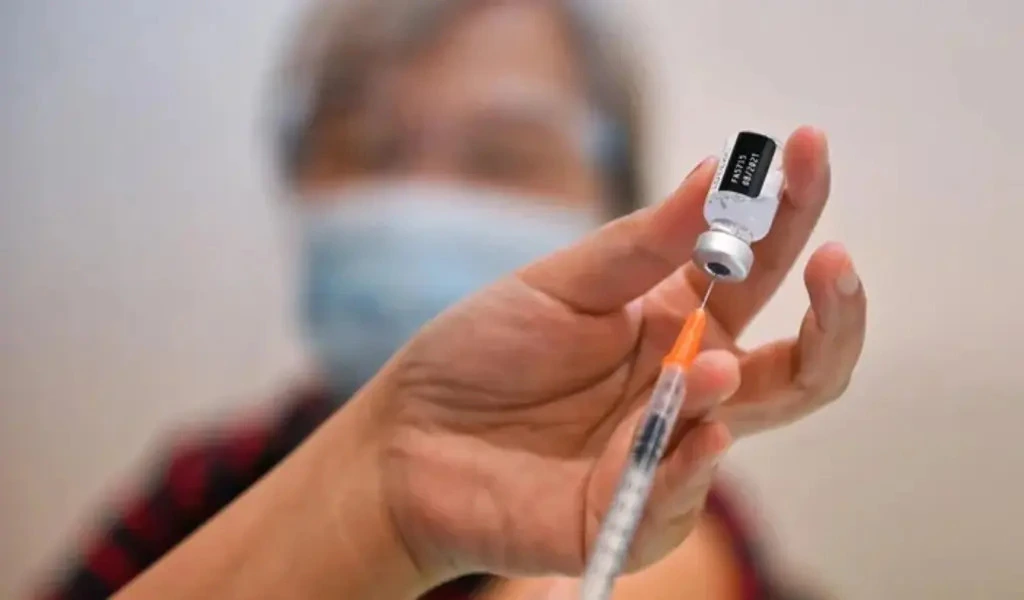(CTN News) – As awareness of cervical cancer has grown, the mortality rate has declined. Even as India considers introducing a human papillomavirus (HPV) vaccination program for girls aged 9-14.
The death rate for cervical cancer dropped from 10.9 per 100,000 women in 1990 to 7.38 per 100,000 women in 2019, according to a study published in 2022 by Dr Baba Saheb Ambedkar Hospital. Cervical cancer incidence in India decreased by 21% from 1990 to 2019, while mortality decreased by 32%.
According to Ajesh Raj Saksena, senior consultant surgical oncologist at Apollo Hospital, Hyderabad, the mortality drop can be attributed to increasing awareness, screening initiatives, and improved access to healthcare.
Union health ministry has yet to decide whether to introduce HPV vaccination. A decision on the introduction of HPV vaccination in the country has yet to be made by the health ministry. Union Health Ministry monitors cervical cancer cases closely and communicates regularly with states.
Globocan 2020, an online database of statistics and estimates of cervical cancer incidence and mortality in 185 countries, reports 123,907 cervical cancer cases and 77,348 deaths in India in 2010.
Cervical cancer incidence is expected to decrease with the availability of an indigenously developed HPV vaccine at lower costs.
More than nine out of ten cancer cases are caused by HPV, says Yogesh Kulkarni, head of surgical oncology at Kokilaben Dhirubhai Ambani Hospital, Mumbai. As a result, HPV vaccination can prevent most cancers. The indigenously developed vaccine’s lower cost (Rs 250-800 per dose) makes it likely to get included in the national immunization schedule.”
According to Rama Joshi, principal director of gynecology at Fortis Hospital, Gurugram, limited access to regular screening continues to be a barrier. Over 77,000 preventable deaths are caused by cancer in India each year. The high mortality rates are largely caused by the fact that 75 percent of these cases are identified in advanced stages,” says Joshi.
Sarika Gupta, consultant, gynae surgical oncology, Rajiv Gandhi Cancer Institute and Research Centre, Delhi, emphasizes the importance of vaccinations: “Universal immunization in adolescence is 97 percent effective in preventing cervical cancer.”
Young adults and teens are most likely to contract HPV. As a result of HPV vaccination in young adolescents, a high humoral immunity is created. In addressing cervical cancer, Sampada Dessai, a gynecological cancer and robotic surgeon at PD Hinduja Hospital in Mumbai, agrees that late-stage detection remains a challenge.
By 2030, India will need to achieve the World Health Organization’s cervical cancer elimination goal, which requires 90 percent of all girls to be fully vaccinated against HPV, as well as 70 percent of women to undergo high-performance screening by the age of 35, then by 45.
Experts emphasize the importance of continuing efforts in screening, public awareness, and timely vaccination to further curb cervical cancer cases in India.
SEE ALSO:






